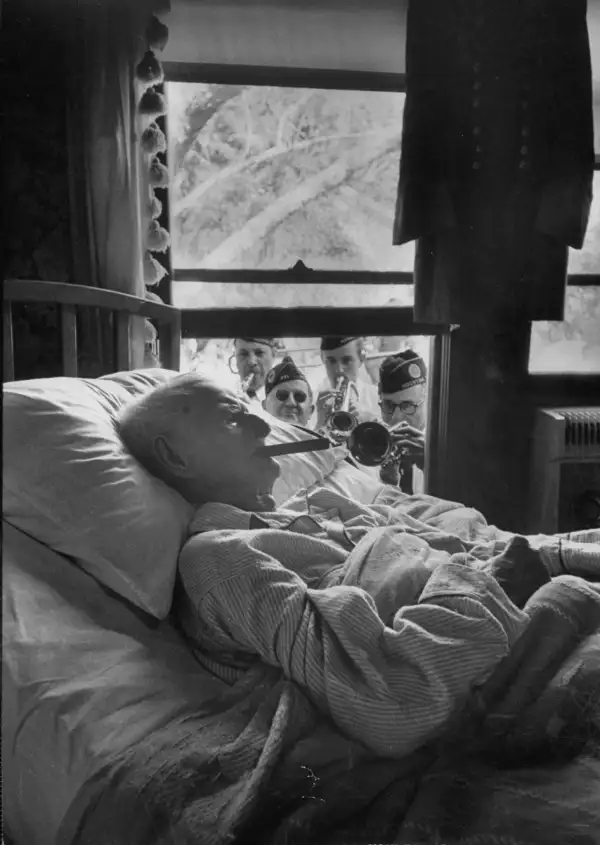Which Comes First: Student Loans or 401(k)?

Q: I'm working full-time while I get my doctorate. Do I pay down my $100,000 student debt or add to my 401(k)? -- Shannon, Tampa
A: If your 401(k) offers a match, take it, says Colorado Springs financial planner Allan Roth.
Then, assuming you don't have credit card debt and do have cash set aside in case of unemployment, tackle the loans. You're likely to repay only part of the debt while in school, but a guaranteed return from cutting your total interest bill -- rather than an uncertain return on investments -- will put you on firmer ground.
Specify that extra remittances are a payment of principal, says Mark Kantrowitz, publisher at education portal Edvisors.com. Be aware also that if your income is above $80,000 in 2014 ($160,000 if married), you can't deduct any student loan interest.